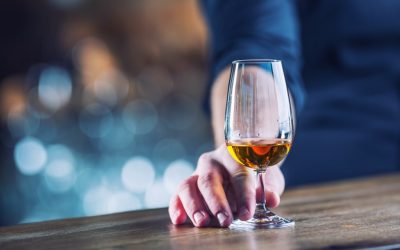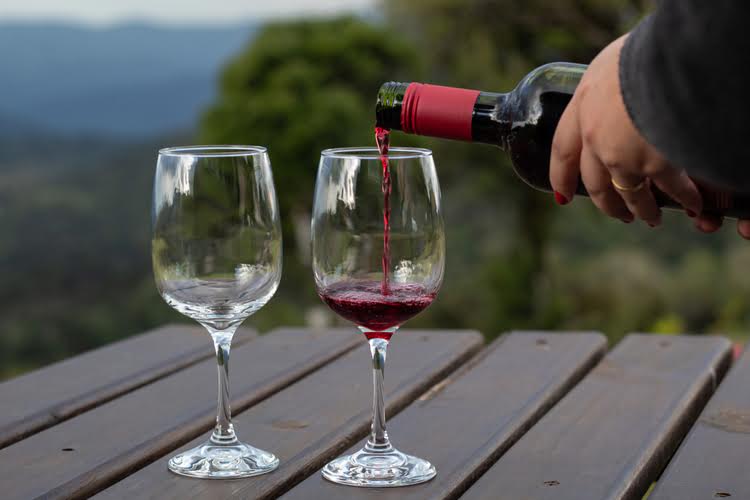Do alcoholic drinks hydrate or dehydrate you? Surely, some drinks have a net effect of hydrating the body, if they are low enough in alcohol content Is this true for any drink, e.g. beer, wine, or whiskey?
Content
“Drinking one beer over the course of a dinner will not increase your blood alcohol levels as much as if you drank four beers in the same time frame,” says Rumsey. So if you want to stay hydrated, slow down on beer.
- Researchers performed this study for a few reasons.
- All types of alcoholic drinks will cause dehydration to at least some extent.
- That makes beer the clear contender as the least dehydrating, with a big caveat.
- Alcohol affects GABA and glutamate signaling in your brain, which among other things negatively affects the quality of your sleep, causing grogginess and daytime sleepiness .
But leave the rehydration aids and electrolyte powders at the door; they’re not doing anything for you. Even though alcohol-induced dehydration is not the core problem we grew up believing it to be, that does not mean you should stop “hydrating” while drinking alcohol. Consider a time you experienced actual dehydration.
Doctors Say These Types Of Alcohol Dehydrate You The Most
For every standard drink you consume , you are likely to urinate 100 mL more than you drink. Most reach does alcohol dehydrate you for water to rehydrate, but in most cases that’s not enough to quickly and properly rehydrate you.
Your skin can develop acne from changing hormone levels and oxidative stress due to alcohol consumption, according to a 2013 study. After you take a drink, both the liquid and alcohol contents of the beverage pass through your stomach lining and small intestine into the bloodstream.
Is it safe to drink from a sabered bottle of Champagne? Won’t tiny pieces of glass get into the wine?
Water doesn’t have enough electrolytes and/or vitamins to replace the electrolytes and vitamins lost due to dehydration. Found that milk was more hydrating than water, sports drinks, coffee, tea, and a handful of other common beverages . While being hydrated is important, Pfau points out that if you aren’t properly hydrated prior to drinking, your body’s water content is already low, which means you will urinate less than you would otherwise.

Having no food in your stomach speeds the body’s absorption of alcohol. If your blood sugar dips too low, you may experience fatigue, weakness, shakiness, mood disturbances and even seizures.
Mayo Clinic Press
Water can replenish your fluids and help you stay hydrated. Negative life events, feelings of guilt, and the risk of alcoholism often produce acute hangover symptoms. Every alcoholic drink goes “straight to your head,” or at least to your brain. Heavy drinking over a long time can shrink brain cells and lead to alcohol-related brain damage and certain types of dementia. Symptoms of that include lack of judgment, organization, or emotional control, trouble staying focused, and anger issues. The amount that you urinate is actually controlled by two hormones, diuretic hormone, and antidiuretic hormone. The diuretic hormone makes you urinate, and the antidiuretic hormone shuts down the urination.
What are the symptoms of dehydration from alcohol?
Alcohol causes your body to produce more urine.
In turn, urinating more than usual can lead to dehydration — often indicated by thirst, dizziness and lightheadedness.
“The best beverages to rehydrate with should include electrolytes like sodium and potassium, as well as calories from carbs, proteins or fats to help the fluids be absorbed into the cells,” Pfau says. For reference, a standard drink—12 ounces of beer, 5 ounces of wine, 1.5 ounces of liquor—has 14 grams of alcohol, according to the National Institute on Alcohol Abuse and Alcoholism . Each of these can be a contributor to alcohol-related headaches, but dehydration is a close threat when partaking in any alcoholic beverage. But while we know these lucky people exist, scientists have no idea why this is the case, nor can they find any appreciable difference between these people and the general population. Here we see a single drink administered, followed by a single spike in blood alcohol , and a single spike in urine flow . One drink followed by one extra trip to the bathroom.
Why Does Alcohol Dehydrate?
Acetate and other waste products are then removed from the body as carbon dioxide and water, primarily through lungs. Although the kidneys remove waste products, most of the water loss is due to the effect of vasopressin. Verywell Mind uses only high-quality sources, including peer-reviewed studies, to support the facts within our articles. Read our editorial process to learn more about how we fact-check and keep our content accurate, reliable, and trustworthy. Rehydrate with water, bouillon, or electrolyte beverages such as Gatorade and Pedialyte.

